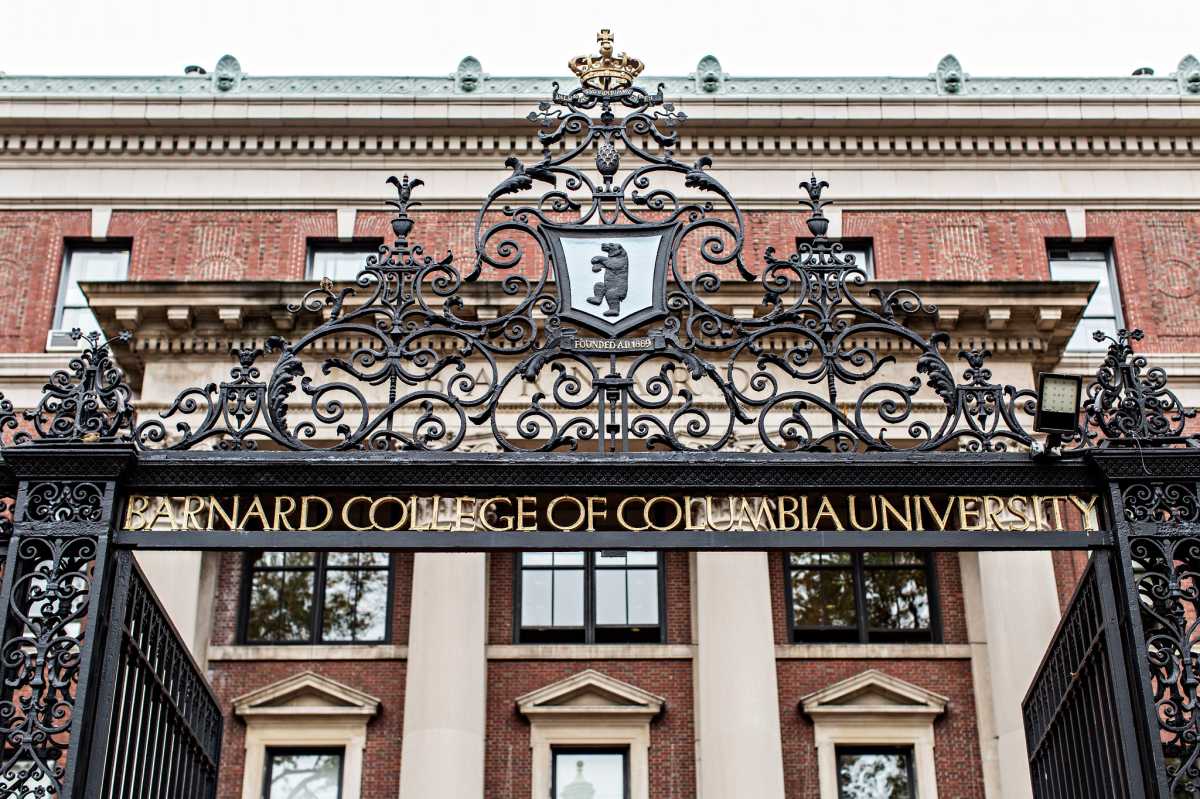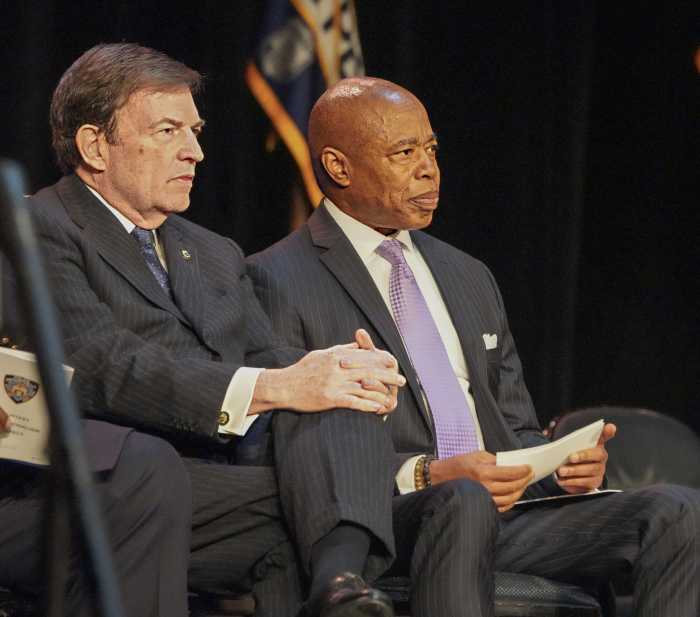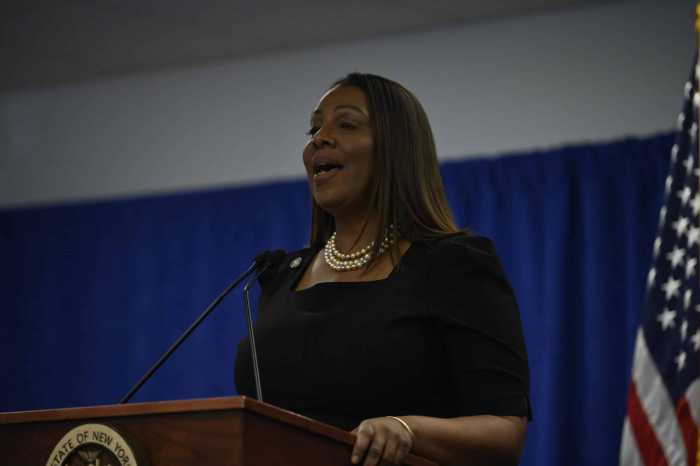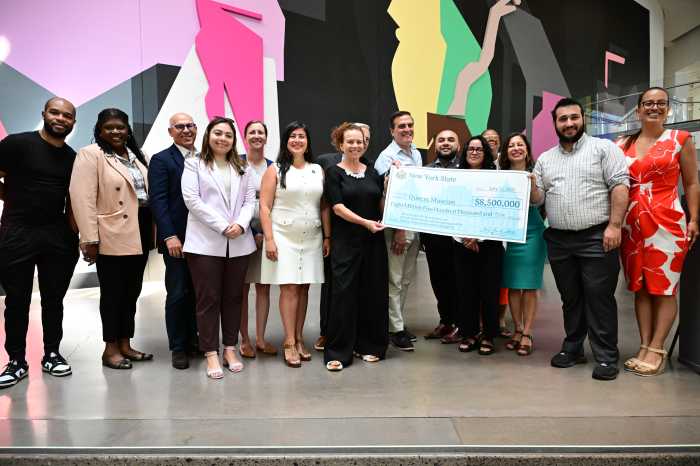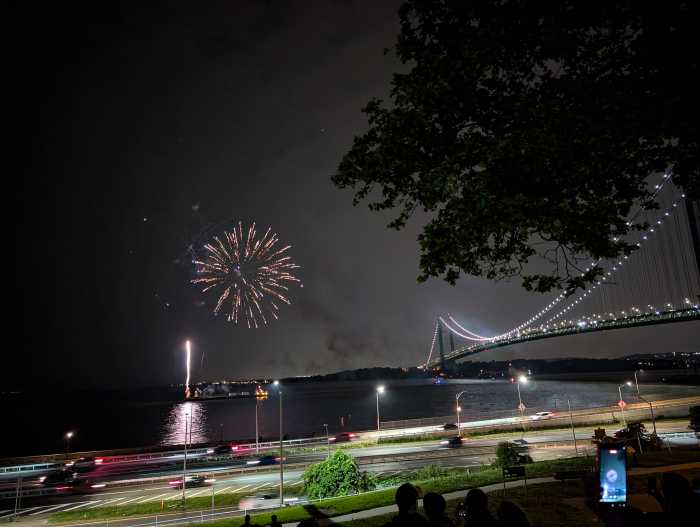Barnard College has reached a settlement with a group of Jewish students who filed a lawsuit accusing the school of failing to address antisemitism on campus. As part of the agreement, college administrators have committed to revising protest policies and taking additional steps to combat discrimination and harassment, the students’ legal team announced Monday.
The lawsuit stemmed from a wave of pro-Palestinian demonstrations and sit-ins at Barnard, a women’s college affiliated with Columbia University, which began in April 2024. The protests—some of which led to arrests—prompted reports from Jewish and Israeli students who said they experienced harassment and discrimination, both during the demonstrations and in academic and social settings.
Under the terms of the settlement, Barnard will bar the use of face coverings during campus protests and will decline to formally recognize or engage with leading student pro-Palestinian activist groups. The college also agreed to appoint a Title VI coordinator to handle complaints related to discrimination and harassment in compliance with federal civil rights law.
Two advocacy groups for Jewish students — Students Against Antisemitism and the StandWithUs Center for Legal Justice — as well as several named students filed the lawsuit against Barnard and Columbia University in Manhattan federal court in February 2024, alleging “rampant antisemitism” across both campuses. The settlement only involves Barnard; the lawsuit against Columbia, which had far more accusations leveled against it, will continue.
Barnard President Laura Ann Rosenbury said in a statement announcing the settlement that the agreements “build on Barnard’s existing policies” against discrimination.
“Antisemitism, discrimination, and harassment in any form are antithetical to the values Barnard College champions,” Rosenbury said. “Today’s settlement reflects our ongoing commitment to maintaining a campus that is safe, welcoming, and inclusive for all members of our community.”
The settlement also requires Barnard to send an annual message reminding the university community of its “zero tolerance” policy for antisemitism and discrimination, and faculty and students will be required to complete anti-discrimination training. Additionally, Barnard reaffirmed that its endowment cannot be political, dashing protestors’ hopes of a divestment from Israel.
The plaintiffs’ lawyer, Marc Kasowitz, said the settlement demonstrates Barnard’s dedication to responding to student concerns.
“Barnard’s commitment to take meaningful actions to combat antisemitism demonstrates its leadership in the fight against antisemitism and upholding the rights of Jewish and Israeli students,” Kasowitz said.
Kasowitz’s law firm also represented students who sued New York University and Harvard University over antisemitism, with both lawsuits ending in a settlement. A fourth lawsuit against the University of Pennsylvania was dismissed by a federal judge, though Kasowitz and the plaintiffs are appealing the ruling.
Barnard students cited instances of physical assault, “intimidation and vilification” and verbal and physical threats in the lawsuit. The plaintiffs also alleged the university selectively ignored instances of discrimination against Jewish and Israeli students while disciplining community members who made other racist statements.
Barnard will also expand its relationship with the Jewish Theological Seminary (JTS), a Conservative Jewish school in New York, to allow students to take classes at JTS at no additional cost. The partnership, though announced by Kasowitz, was established separately from the settlement, according to the Columbia Spectator, the school’s student newspaper.
“At a time when meaningful Jewish studies scholarship is more important than ever, we’re delighted to make it available to all who seek it and are especially pleased that Barnard students can now earn credit for their studies,” said JTS provost Jeffrey Kress in a statement.
Crackdowns at Barnard
Barnard has responded more aggressively than Columbia to student protests and sit-ins, including expelling students in February whom it accused of harassing Jewish students. Both schools, as well as many other universities across the country, have struggled between judging what is protected political speech and what is harassment or unlawful discrimination.
University officials also called the New York Police Department to arrest nine students during a March sit-in after an announcement that there was a “bomb threat” in the building. Barnard officials had previously offered to meet with the protestors if they unmasked; student leaders rejected the proposal in favor of continuing the sit-in.
Barnard faced less scrutiny than Columbia, which recently received a warning from the Middle States Commission on Higher Education, an accreditation group, that it was not complying with the agency’s accreditation policies, citing an anti-discrimination notice from the federal government. The university responded that it would work with the agency to address the issues it noted.
“Columbia is deeply committed to combating antisemitism on our campus and we will continue the important work of ensuring that Columbia is an open and inclusive place where students, faculty, and staff from all backgrounds feel safe, supported, and welcome,” the university said.
Columbia is also trying to negotiate the restoration of $400 million in federal funds to the university, which the Trump administration froze over accusations of antisemitism. Columbia previously agreed to make changes to protest policies and its Middle Eastern studies department to comply with the federal government’s demands.
Kasowitz said Barnard’s settlement and policy changes should guide other universities as they navigate lawsuits and demands from the Trump administration.
“These commitments are not only the right thing to do, but are essential to creating a welcome and inclusive campus for all members of the Barnard community,” Kasowitz said. “I encourage other colleges and universities to do the right thing and follow Barnard’s lead.”



